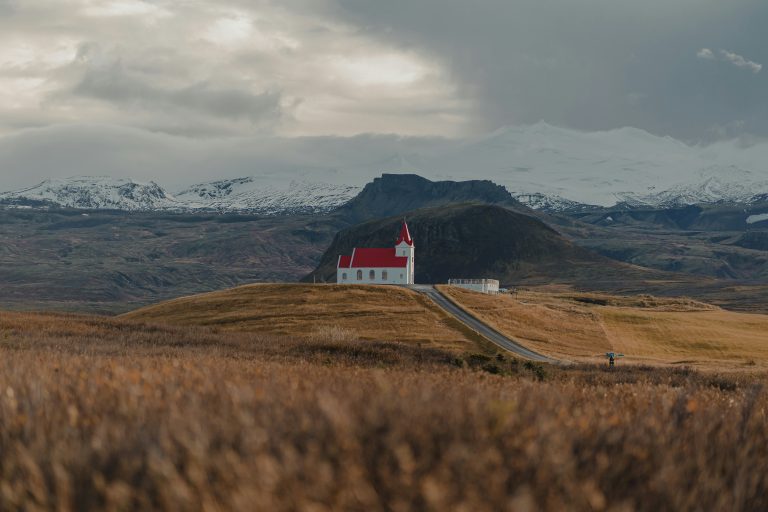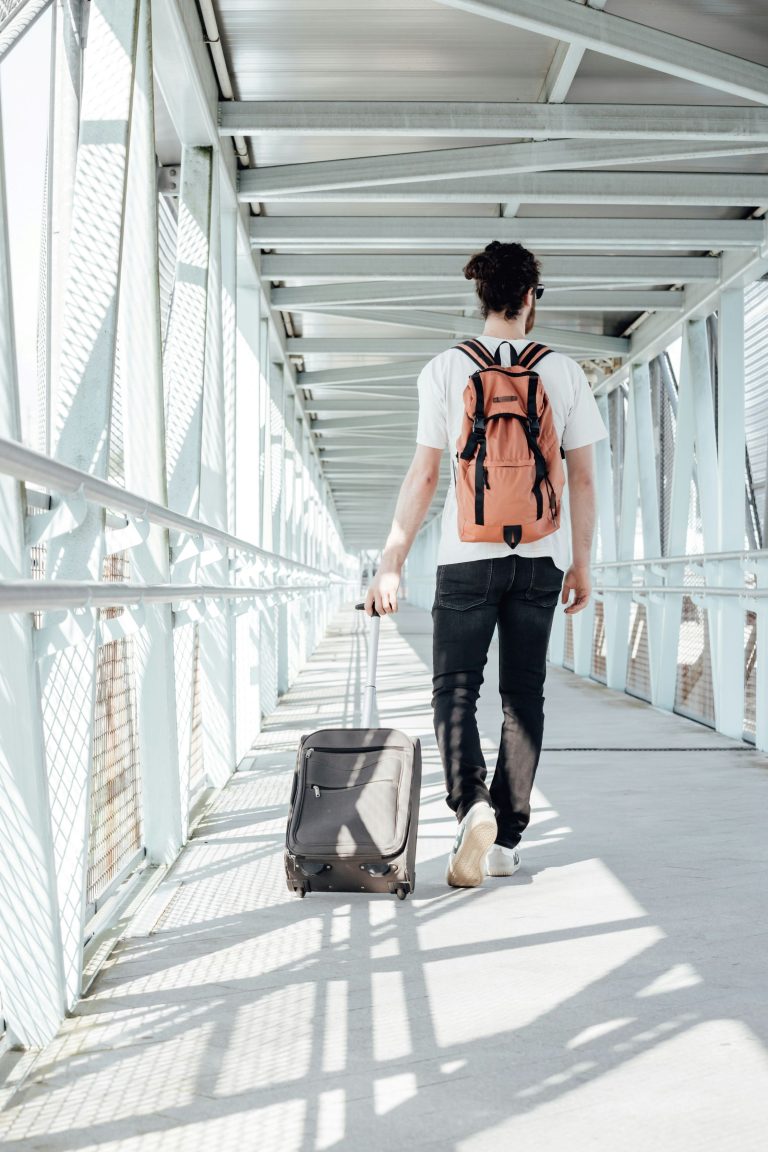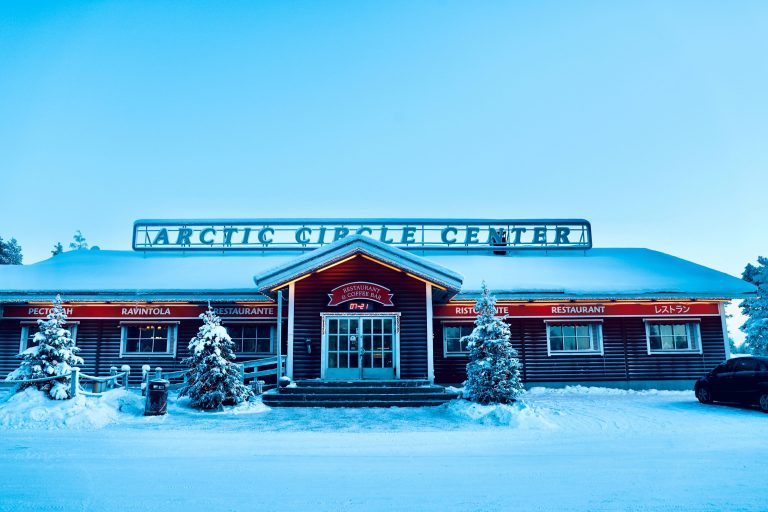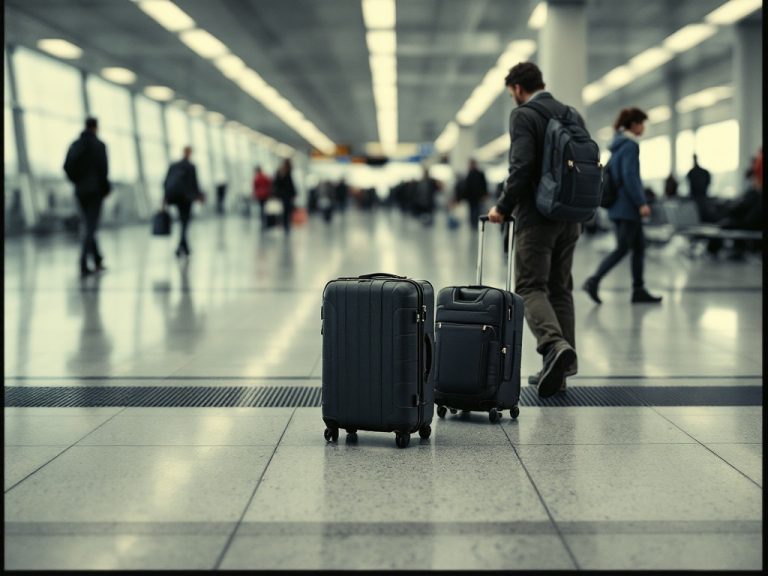When camping in Scandinavia, it is essential to be aware of local regulations and campsite etiquettes in Norway, Sweden, and Denmark to ensure a smooth and respectful experience. Here’s a summary of the most important rules and guidelines for camping in these countries:
Norway:
Norway’s camping practices are governed by the “Allemannsretten” rule, which grants the right to wild camp in areas that are not privately owned. This public access law allows campers to enjoy the beauty of nature, but they must maintain a distance of at least 150 meters from the nearest inhabited building. Nature protection is a key aspect of this rule, and it is crucial to respect the environment by leaving no waste, avoiding any damage to vegetation, and refraining from disturbing wildlife. Fires are allowed in designated areas, but between April 15 and September 15, lighting bonfires in forests and woodlands is strictly prohibited to prevent fire hazards. Additionally, camping etiquette dictates that quiet hours usually begin at 11:00 p.m., so campers should be mindful of noise to avoid disturbing others.
Sweden:
Similar to Norway, Sweden follows the “Allemansrätten” rule, which allows public access to non-private land for wild camping. However, it is important to avoid camping near private properties or agricultural lands. To minimize environmental impact, campers are advised not to stay in one place for more than 1-2 days. Fires are allowed, but with caution, particularly during dry periods when the risk of forest fires is high. Just like in Norway, it is essential to protect nature by leaving no trash, avoiding damage to vegetation, and not over-harvesting natural resources such as mushrooms or berries from any single area.
Denmark:
Denmark enforces stricter regulations when it comes to wild camping. Outside designated areas, wild camping is generally prohibited. Nevertheless, there are more than 1,000 spots in public forests and national parks where camping is allowed. Campers are permitted to stay for only one night in these designated areas. Fires are restricted to specific areas, and open fires are not allowed outside of these zones, especially in forests and national parks. Danish campsite etiquette emphasizes silence and the respect for the privacy of other visitors to ensure a peaceful and enjoyable experience for all.
Before camping in any Scandinavian country, it is important to familiarize yourself with local regulations and rules of etiquette. By adhering to these guidelines, campers can avoid fines, contribute to nature conservation, and ensure a memorable and respectful camping experience while enjoying the unique beauty of these regions.






